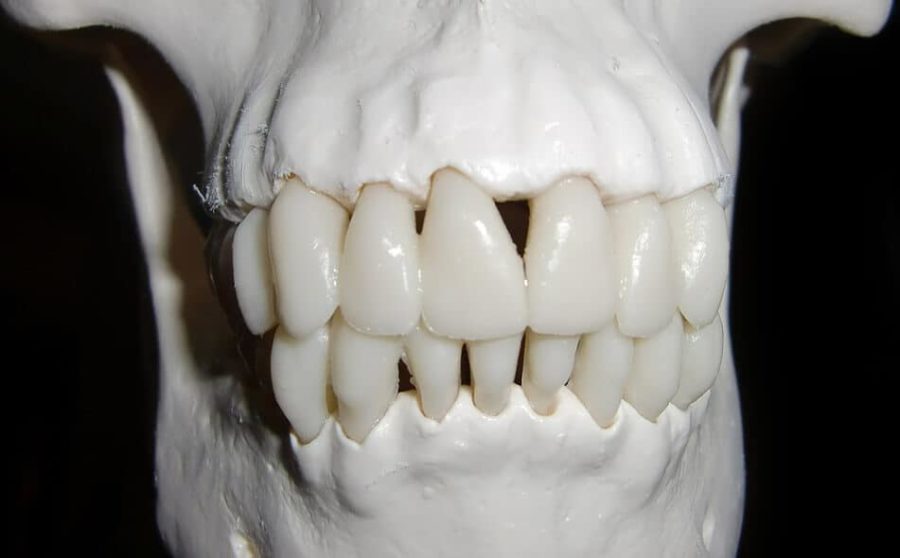Opioids are not among the most effective–or longest lasting–options available for relief from acute dental pain, a new examination of the results from more than 460 published studies has found.
Ibuprofen and other nonsteroidal anti-inflammatory drugs (NSAIDs) alone or in combination with acetaminophen are better at easing dental pain, according to new research conducted with the School of Dental Medicine at Case Western Reserve University.
The study examining relief of acute pain in dentistry–recently featured on the cover of The Journal of the American Dental Association–evaluated the safety and efficacy of dozens of pain-relief options.
“What we know is that prescribing narcotics should be a last resort,” said Anita Aminoshariae, an associate professor in the dental school’s Department of Endodontics and one of the study’s authors.
Each day, more than 115 Americans die as a result of an opioid overdose, according to the National Institutes of Health.
“No patient should go home in pain,” Aminoshariae said. “That means that opioids are sometimes the best option, but certainly should not be the first option.”
Aminoshariae said the goal of the systematic review was to summarize data–using five in- depth studies–of the effectiveness of oral-pain medications.
“The best available data suggests that the use of nonsteroidal medications, with or without acetaminophen, offers the most favorable balance between benefits and harms, optimizing efficacy while minimizing acute adverse events,” she said.
She cited the national opioid epidemic as one of many reasons why health-care providers should take note of the findings.
The research found that, for adults, a combination of 400 milligrams of ibuprofen and 1,000 milligrams of acetaminophen was superior to any opioid-containing medications studied.
“Our aim was to create a compendium detailing both the benefits and harms of these medications as a resource for dentists to use in their clinical decision-making,” Aminoshariae added.
The study also found that opioids or drug combinations that included opioids accounted for the most adverse side effects–including drowsiness, respiratory depression, nausea/vomiting and constipation–in both children and adults.
If our reporting has informed or inspired you, please consider making a donation. Every contribution, no matter the size, empowers us to continue delivering accurate, engaging, and trustworthy science and medical news. Independent journalism requires time, effort, and resources—your support ensures we can keep uncovering the stories that matter most to you.
Join us in making knowledge accessible and impactful. Thank you for standing with us!

